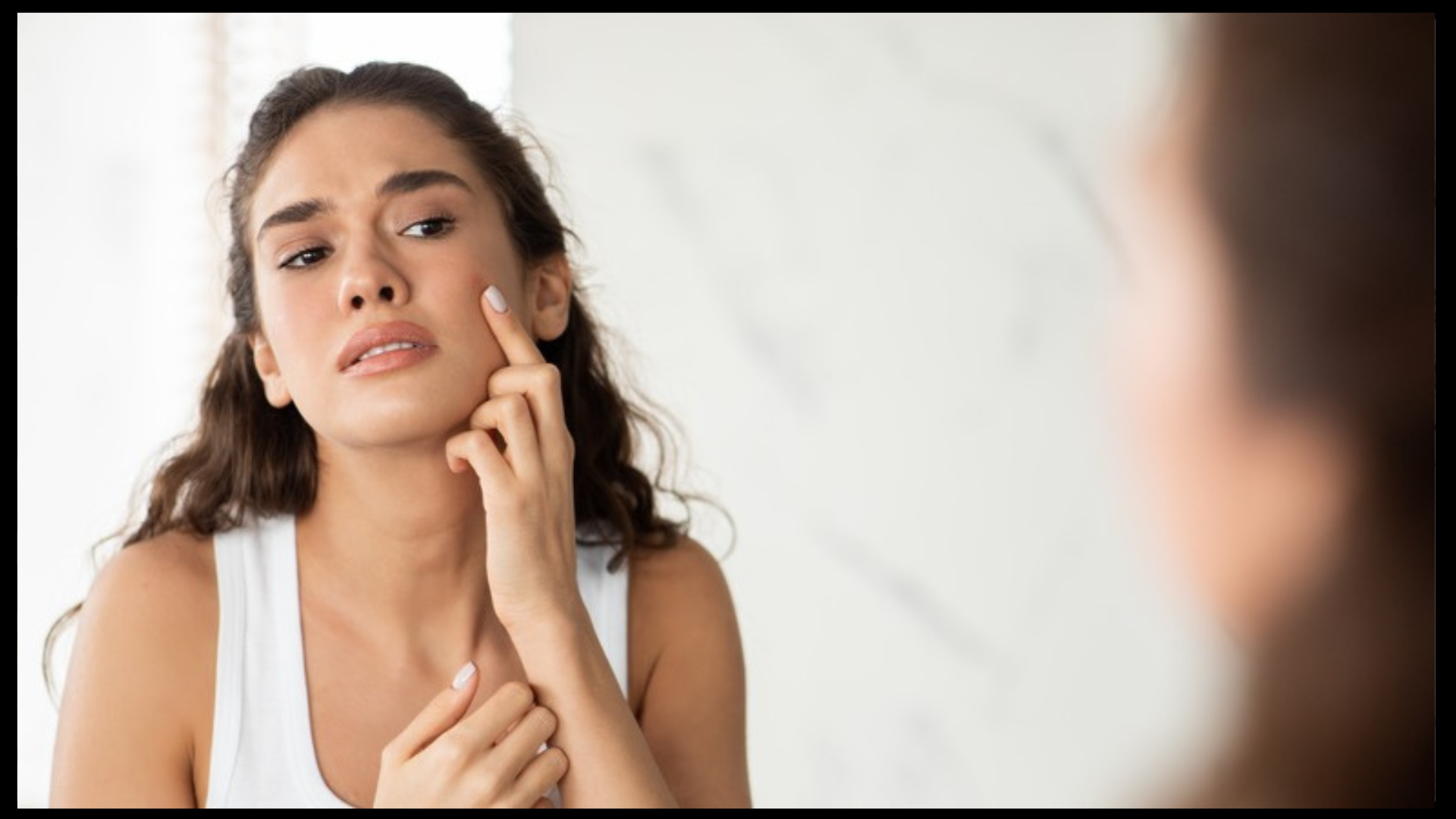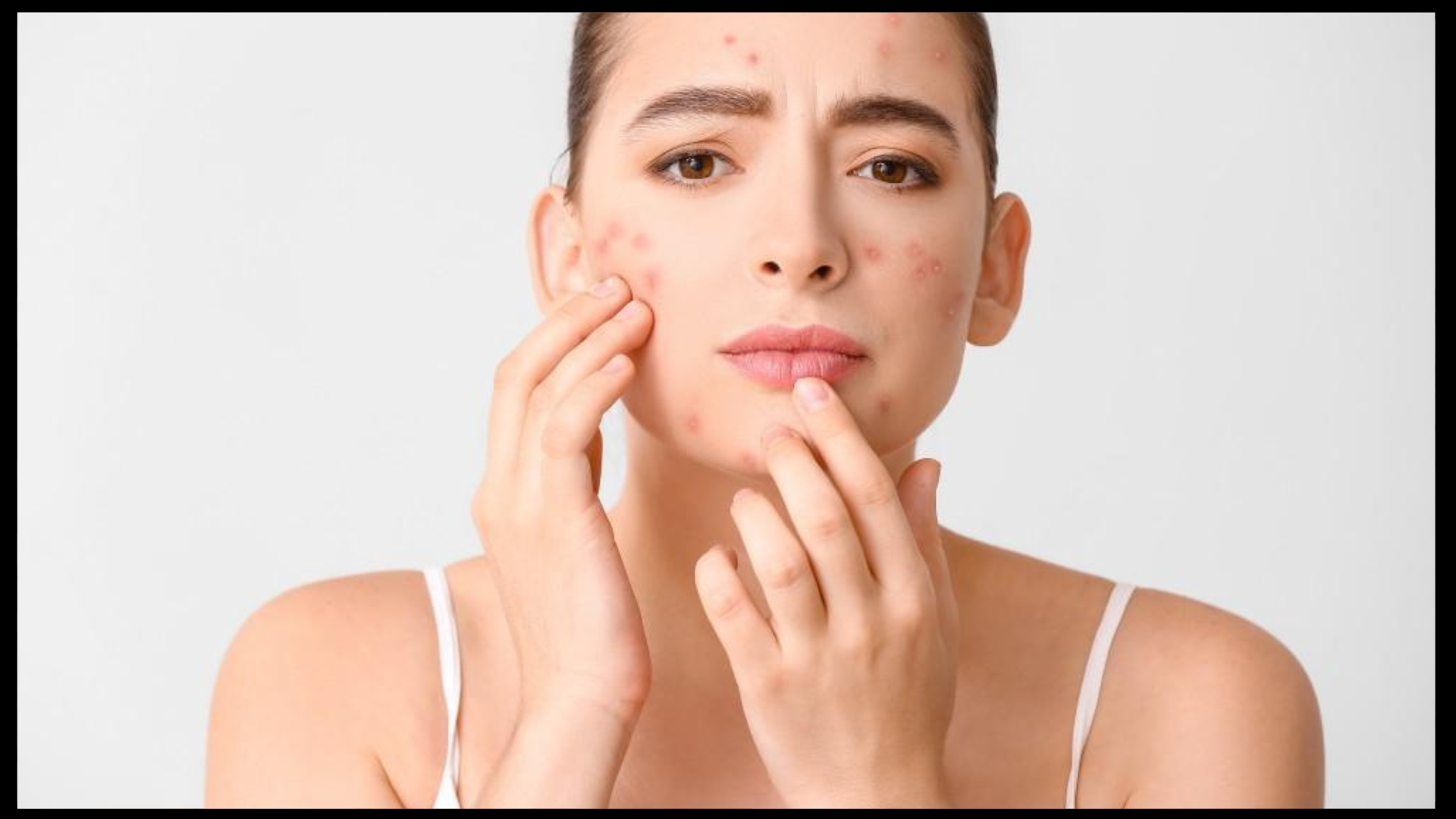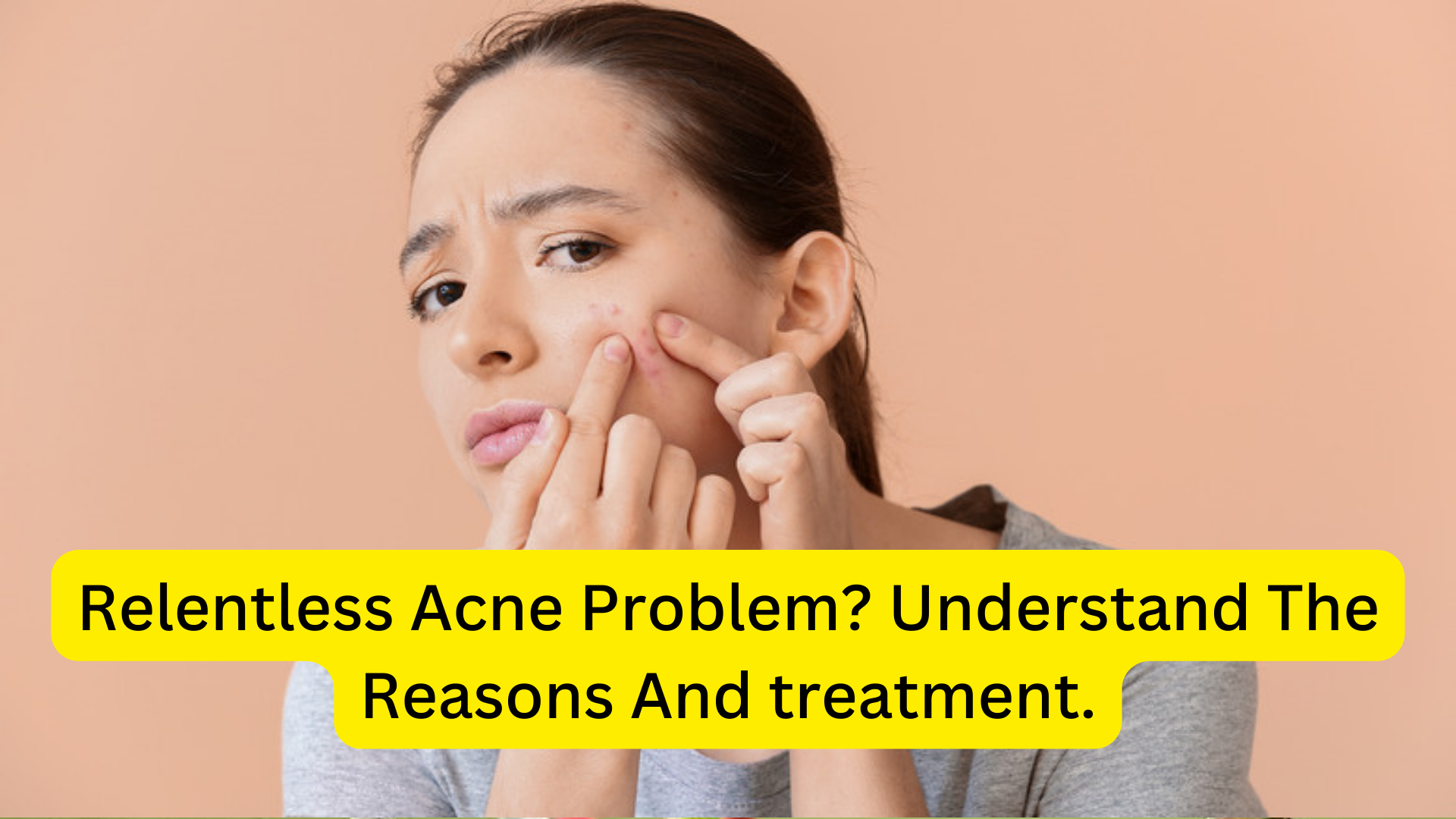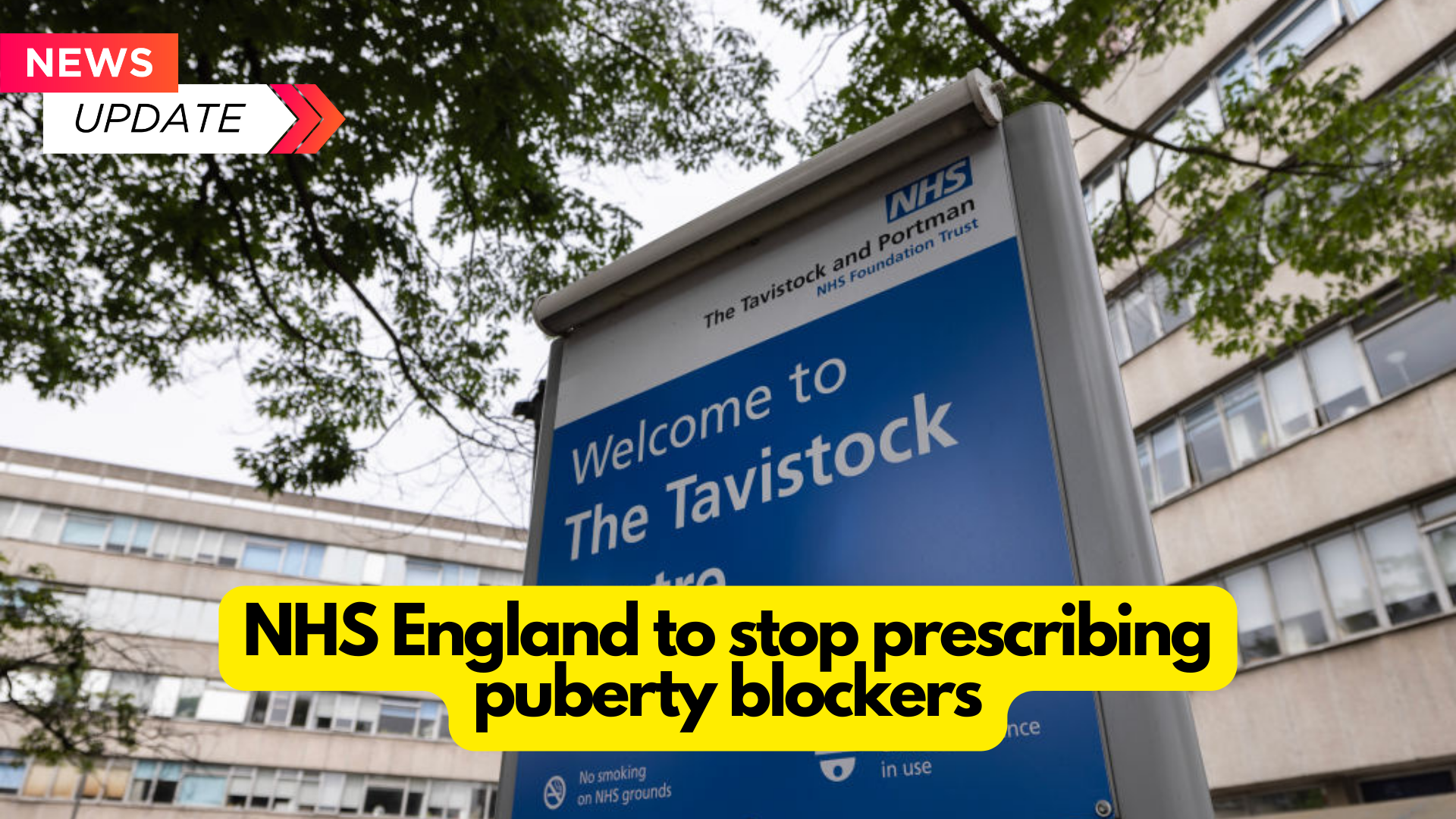Although adult acne is a reality as well, the majority of us had some form of acne throughout our teenage years. It affects not just the skin but also the confidence in one’s appearance and sense of security.
For the majority of us, identifying the symptoms of breakouts is simple. While each person’s symptoms will vary, common ones include skin changes, itching, excessive shine, clogged pores, and so on. Most breakouts disappear after a few days, but persistent acne may be the cause if the zit persists. Treatments for stubborn acne must be carefully chosen and targeted in order to surpass spot treatments.
For the majority of us, identifying the symptoms of breakouts is simple. While each person’s symptoms will vary, common ones include skin changes, itching, excessive shine, clogged pores, and so on. Most breakouts disappear after a few days, but persistent acne be the cause if the zit persists. Treatments for stubborn acne must be carefully chosen and targeted in order to surpass spot treatments.

We take great satisfaction in providing customized therapies for recalcitrant acne that include medication, skin care practices, and lifestyle modifications to permanently eradicate persistent acne.
The first step in treating acne is determining its cause. Persistent acne is characterized by an inflamed zit that does not go away after six weeks.
The primary cause is clogged pores from debris, oil, cosmetics, or dead skin cells. Contact with germs that cause acne is the second important reason. Usually appearing in greasy regions of the skin, stubborn acne is caused by hormones, drugs, or excessive sun exposure. This may appear on the chest, upper arms, back, or face etc. The following are typical causes of persistent acne, according to Dr. Rinky Kapoor, Consultant Dermatologist, Cosmetic Dermatologist & Dermato-Surgeon, The Esthetic Clinics:
Table of Contents
ToggleInadequate skin care and hygiene:
Preventing breakouts and acne requires good skin care and cleanliness. While maintaining a regular skin care regimen is crucial, other variables can affect skin health. Since every person has a distinct type of skin, so too do the cleanser, moisturizer, and serums. The following behaviors can exacerbate obstinate acne: touching your face a lot with your hands, not cleansing your face before bed, sharing cosmetic brushes or products, and popping zits. Makeup can occasionally obstruct pores as well.
Dr. Rinky Kapoor, Consultant Dermatologist, Cosmetic Dermatologist & Dermato-Surgeon, The Esthetic Clinics, lists the following as common reasons of recurrent acne:

Inadequate cleanliness and skin care:
Maintaining proper cleanliness and skin care is essential to preventing acne and outbreaks. Even while following a consistent skin care routine is important, there are other factors that might impact skin health. Each person’s skin type is unique, and the same is true of the cleanser, moisturizer, and serums. Sharing makeup brushes or products, popping zits, not washing your face before bed, and frequent hand contact with your face can all aggravate stubborn acne. Pore clogging can also occasionally be caused by makeup.
What’s on your plate: Your skin is immediately affected by what you consume. Fried foods, sugar overload, and a diet low in fiber and protein can irritate the skin and even throw off the hormone cycle, resulting in excruciating acne.
The next stage is to work on the therapy when the reason has been determined. There’s no one-size-fits-all solution for severe acne.
Treatment options for stubborn acne include the following:
Put retinol A products to use:
For treating acne that won’t go away, topical benzoyl peroxide combined with prescription retinoids is the best option. This mixture not only clears the pores and kills germs, but it also lessens redness and irritation.
Medication:
Isotretinoin and other non-antibiotic medications can destroy skin germs and soothe the skin.
Taking care of the underlying cause:
One of the main reasons why women get cystic acne is PCOS. When properly treated, the endocrine imbalance that is causing the acne can significantly lessen. Hormone therapy and oral contraceptives are two of these methods.
In cases of severe acne, steroids are prescribed. When steroids are injected into acne nodules, the inflammation is decreased.
Chemical peels:
This inhemical peels:-office procedure employs specific chemicals to eliminate dead skin cells and the skin’s outer layer. Peels with salicylic, glycolic, and retinoic acids are the most popular.
Modifications to lifestyle and skin care practices:
Give acne treatments at least four weeks to take effect.
Increase your intake of water and fresh vegetables in your diet, and stay away from foods that aggravate acne.
On the regions prone to acne, use gentle cleaners. Remember to cleanse your face both at night and in the morning.
Employ just non-comedogenic and oil-free cosmetics to minimize the likelihood of clogged pores and breakouts.
Steer clear of any coarse cleaners as they might cause skin irritation and damage.
Picking, popping, and touching acne should be avoided as this can only cause scarring and more skin infections.



